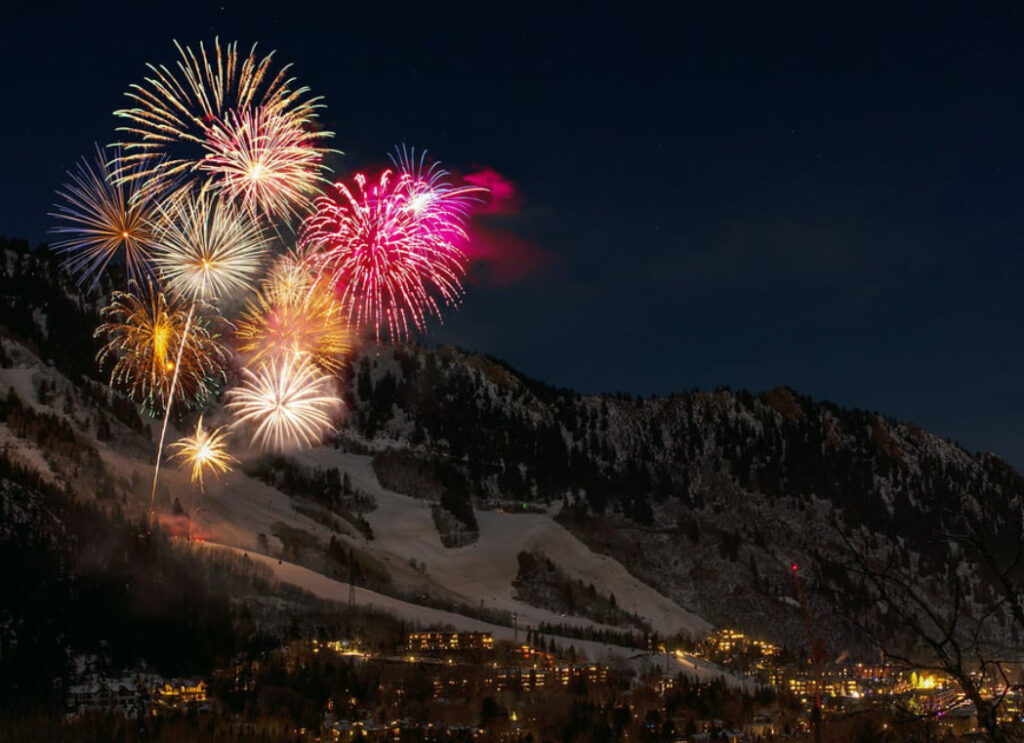
The start of a new year has long been a time of reflection, celebration, and planning for the future. From its ancient origins to today’s global festivities and organizational strategies, New Year’s remains a powerful symbol of renewal.
Ancient Beginnings
The concept of New Year’s has roots in ancient civilizations:
•Babylonian New Year: Over 4,000 years ago, Babylonians celebrated Akitu, a festival marking the spring equinox and the renewal of life.
•Roman Influence: In 46 BCE, Julius Caesar introduced the Julian calendar, designating January 1st as the start of the year. This decision honored Janus, the Roman god of beginnings and transitions.
Cultural Variations
Different cultures celebrate New Year’s based on unique calendars and traditions:
•Lunar New Year: Observed in many East Asian countries, the Lunar New Year aligns with the lunar calendar and symbolizes family reunions and prosperity.
•Rosh Hashanah: The Jewish New Year is a solemn celebration focused on reflection and spiritual renewal.
Modern Organizational Trends Around New Year’s
Emphasis on Goal Setting
Organizations increasingly view the New Year as an opportunity to align their teams with strategic objectives:
•OKRs (Objectives and Key Results): Businesses are adopting frameworks like OKRs to set measurable and achievable goals.
•Vision Boarding: Team workshops that include creative vision boards are gaining popularity as a way to visualize success.
Wellness and Work-Life Balance
As companies emphasize employee well-being, New Year’s is a time to launch wellness initiatives:
•Flexible Scheduling: Many organizations are piloting hybrid work models or four-day workweeks.
•Mindfulness Programs: Meditation apps, yoga sessions, and mental health workshops are becoming standard practices in January.
Sustainability Goals
The New Year often marks the launch of sustainability initiatives, reflecting growing environmental consciousness:
•Carbon Neutrality Pledges: Organizations are committing to reducing their carbon footprints.
•Green Office Spaces: Investments in eco-friendly office designs and energy-efficient technology are increasing.
Digital Transformation
The transition to a new year often involves evaluating and upgrading technology:
•AI Integration: Businesses are incorporating AI-driven tools for efficiency and personalization.
•Cybersecurity Enhancements: As digital threats grow, companies prioritize robust security measures at the start of the year.
Upcoming Trends in New Year’s Celebrations
Hybrid Events
The pandemic accelerated the trend toward hybrid celebrations:
•Virtual Fireworks Displays: Cities like London and Sydney are incorporating augmented reality (AR) into their traditional fireworks.
•Live Streaming: Global audiences can now join iconic countdowns like Times Square’s ball drop from the comfort of their homes.
Eco-Friendly Celebrations
Sustainability is shaping New Year’s traditions:
•Reusable Decorations: Eco-conscious decorations made from sustainable materials are becoming popular.
•Community Cleanups: Events that combine celebration with environmental stewardship are gaining traction.
Wellness-Focused Traditions
Celebrations are increasingly prioritizing well-being over excess:
•Mindful Resolutions: Practices like journaling and gratitude exercises are replacing traditional resolution-making.
•Sobriety-Friendly Parties: Non-alcoholic options and wellness-themed gatherings are on the rise.
Upcoming Global New Year’s Celebrations
Times Square, New York City
The iconic ball drop in Times Square remains one of the most-watched New Year’s events. In 2024, expect:
•Enhanced Virtual Access: Live streaming with interactive features for global audiences.
•Sustainability Initiatives: LED lighting and carbon-offset programs for the event.
Sydney, Australia
Sydney’s harbor fireworks are renowned worldwide. This year’s highlights include:
•Indigenous Acknowledgment: A segment dedicated to honoring Aboriginal culture.
•Drone Light Shows: Complementing the traditional fireworks with high-tech visuals.
Tokyo, Japan
Japan’s New Year celebrations are steeped in tradition:
•Temple Visits: Many visit temples at midnight for blessings.
•Bento Boxes: Special New Year’s meals called osechi-ryori are shared among families.
What New Year’s Symbolizes Today
In modern times, New Year’s represents much more than just a calendar shift. It’s a universal marker of hope, renewal, and progress. Whether celebrated with ancient rituals, corporate goal-setting, or personal resolutions, the beginning of the year remains a powerful opportunity to reflect, reconnect, and reset.
As 2025 approaches, the world stands at the intersection of tradition and innovation, making this New Year’s celebration more dynamic than ever.
No comments yet.








